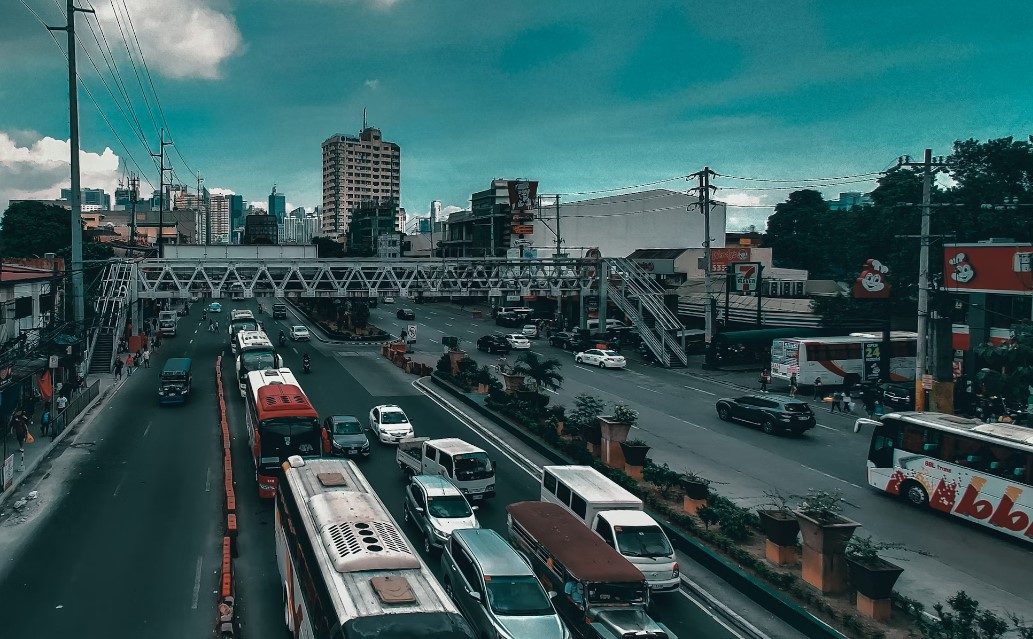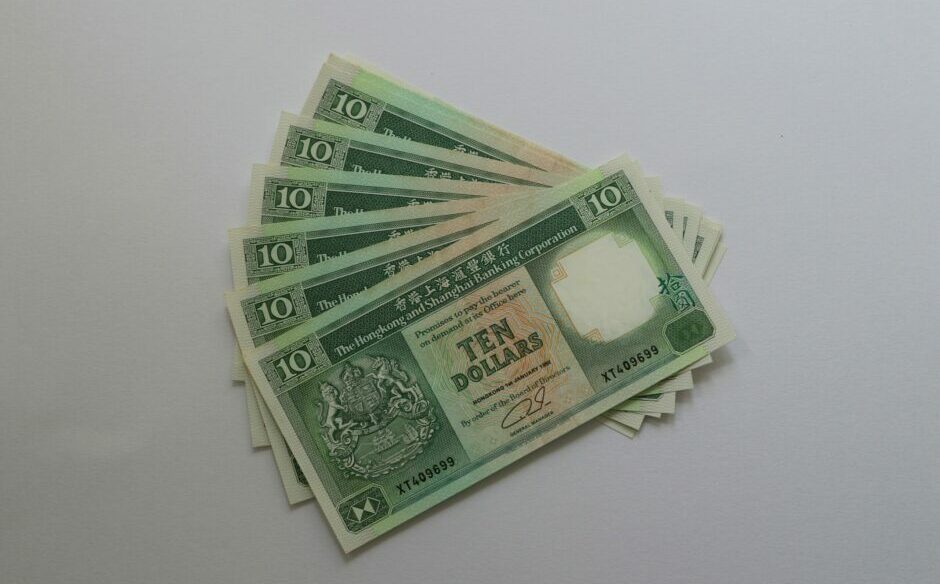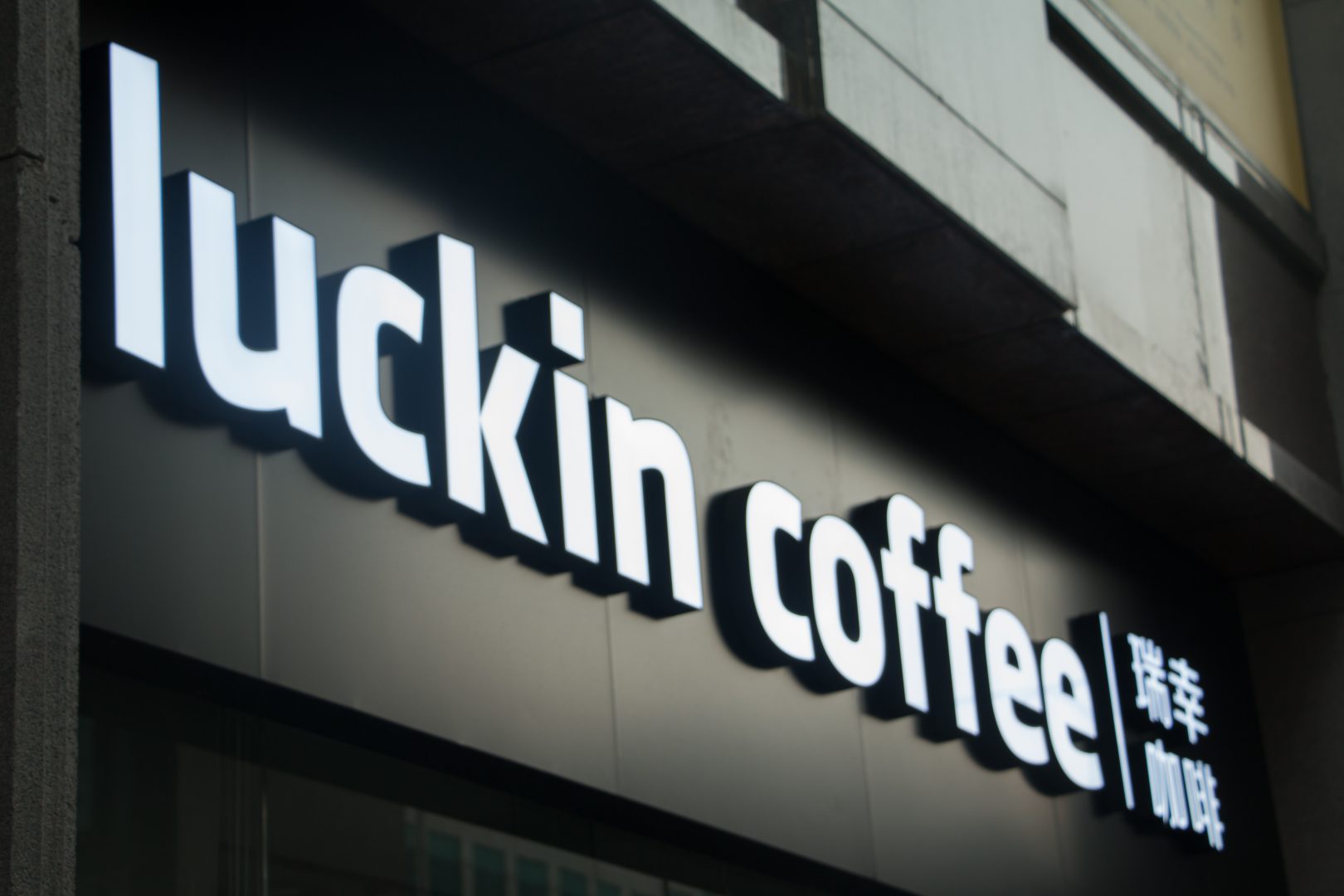TOKYO/SHANGHAI — At an earnings briefing on Thursday, Tadashi Yanai, president of Uniqlo operator Fast Retailing, insisted the Japanese apparel company was neutral when it came to politics.
“Of course if we find any human rights problems in any of our factories or cotton production, we immediately stop doing business” with such a supplier, Yanai said when asked by reporters on China’s treatment of its Uyghur Muslim minority population in Xinjiang.
But he added: “We are politically neutral. If I say any more, it will become political, so I will stick to ‘no comment’.”
What made the usually outspoken Yanai so tightlipped is the dilemma multinational companies face as both Chinese customers and Western human rights advocates pull retailers in opposing directions over the Xinjiang issue.
Fast Retailing was among nearly four dozen companies urged last month by institutional investors to reveal more information about their supply chains. Meanwhile, China has bristled at Western sanctions.
Japanese brands in particular walk a narrow line, as Tokyo remains the only Group-of-Seven nation yet to join the coordinated sanctions on China over its treatment of Uyghurs.
Greater China, including Taiwan and Hong Kong, accounts for more than 20% of Fast Retailing’s revenue.
With Japanese Prime Minister Yoshihide Suga set to meet with U.S. President Joe Biden next month, Tokyo may face pressure from Washington to take a clearer stand on alleged human rights abuses by its vital trading partner China.
Pressure is already coming from the financial markets.
Investors backed by the U.S.-based Interfaith Center on Corporate Responsibility (ICCR) last month urged 47 companies believed to be linked to forced labor in Xinjiang to provide more details about their supply chains. Google parent Alphabet, Apple and Volkswagen, as well as Fast Retailing, the Japanese company behind the Uniqlo casualwear brand, were among those on the list.
The institutional investors involved in ICCR’s effort manage roughly $4.4 trillion in assets. The ICCR has 300-plus members, including religious groups, asset management companies and nongovernmental organizations.
In terms of government action, the European Union imposed sanctions on Chinese officials and on a Chinese Communist Party organization in Xinjiang last month over alleged abuses including “large-scale arbitrary detentions” in the region. The U.S. has designated China’s treatment of the Uyghurs as “genocide.”
But businesses that have responded to pressure to take a stand have faced consequences from Chinese companies and consumers.
Products from Sweden’s Hennes & Mauritz, better known as H&M, recently stopped appearing in search results of online marketplaces run by Alibaba Group Holding. The change follows a statement from H&M saying it would no longer source cotton from Xinjiang and stressing that it does not work with any garment factories in the region.
Inditex, the Spanish operator of Zara, has removed from its website a past statement expressing concern about the situation in Xinjiang, in what is seen as a concession to Chinese consumers.
This is a market that many companies believe they cannot afford to offend. China generated a relatively small share of H&M’s revenue in 2020 — just over 5% — but it was the only market to record growth in the December-to-February quarter.
The Xinjiang situation is not the only challenge of this kind confronting companies. Businesses face pressure to take sides on issues including the coup in Myanmar and discrimination against Black people in the U.S.
“Companies that do not do enough to respond to human rights problems face greater reputational risks,” said Minoru Matsubara, chief manager of the Responsible Investment Group at Japan’s Resona Asset Management.






